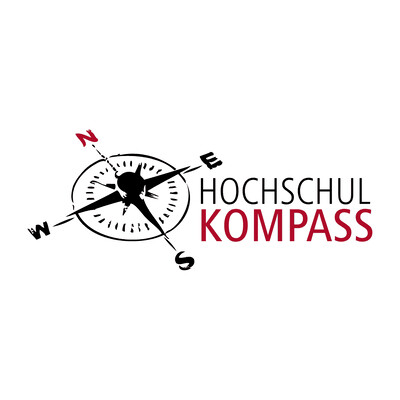Cognitive Computingpart time degree programmes for professionals, international course
Master of Science
Master
Degree4 semesters
Standard period of study (amount)
Osnabrück
Location
expired (Germans and inhabitants)
expired (EU), expired (Non-EU)
Please enquire
Overview and admission
Study Type
graduate
Admission semester
Winter Semester only
Area of study
- Computational Linguistics
- Neuroscience
Focus
Artificial Intelligence, Neuroscience, Computational Linguistics, Neuroinformatics
Target group
Graduates of a Bachelor's degree course in a suitable subject, e.g. (Business) Informatics, Artificial Intelligence, Cognitive Science, (Computer) Linguistics, Mathematics, Natural Sciences, Engineering Sciences or a degree course with a high proportion of computer science, possibly with additional requirements.
Annotation
At present, economy and society are undergoing a fundamental transformation through new computer science technologies. The focus of this transformation is on keywords such as "digitisation", "Industry 4.0", "Internet of Things", "robotics", "machine learning" and "artificial intelligence". This transformation is enabling a variety of new applications and value chains. Today, for instance, complex machines can run for longer and more reliably with predictive maintenance and e-learning systems at school, university or in life-long learning are simplifying access to knowledge. Smart farming is enabling ecologically responsible yield increases in the agricultural sector and intelligent and networked assistance systems can support us in road traffic and in the health sector. In industry, intelligent systems are supporting production and the related logistics, and in the financial sector, huge amounts of data and intelligent algorithms are being used to identify connections and be able to react faster. Studying "Cognitive Computing" means contributing to these crucial future technologies: the degree course bridges the gap between the disciplines of computer science, machine learning and artificial intelligence. The degree course in "Cognitive Computing" deals with the modelling of cognitive human abilities and their implementation in technology and achieves this through the close interlinking of the disciplines of Artificial Intelligence, Neuroinformatics, Cognitive Modelling, Computer Vision, Computer Linguistics and Neurobiopsychology. Through education and training at this unique interface between relevant disciplines, the career-integrated Master's degree in "Cognitive Computing" enables graduates to apply their acquired skills to the development of innovative, intelligent systems and services. The aim of the degree course is the theoretical and practical teaching of the scientific fundamentals of cognitive computing and cognitive technologies so that graduates are able to implement them in concrete, economically relevant and industry-oriented applications. The career-integrated degree course is divided into a compulsory elective area which, depending on the interests of the student, offers the necessary fundamentals of machine learning, artificial intelligence, neuroinformatics, natural language processing, computer vision and neuroscience of cognition, a compulsory area consisting of an integrative interdisciplinary area, which combines methods of the respective disciplines, and a one-year study project, as well as a profile-building elective area which serves as further specialisation. The practical relevance of the degree course is ensured by close cooperation with regional and national companies, in particular as part of the one-year study project and the Master's thesis. Graduates of the career-integrated Master's degree course in "Cognitive Computing" qualify on a broad basis for future high-tech activities in the field of digitisation, machine learning and artificial intelligence. Especially for people who want to actively shape the digital transformation in their company, this programme is a tailor-made qualification in the sense of life-long learning and continuous further education.
Admission requirements
The prerequisite for access to the career integrated Master's program is that the applicant has successfully completed a suitable Bachelor's degree program at a university.
Lecture period
- 16.10.2023 - 03.02.2024
- 02.04.2024 - 06.07.2024
Application deadlines
Winter semester (2023/2024)
Application deadline for Germans and inhabitants
Expired
For information on vacant study places and extended deadlines, see uos.debewerben
Deadlines for International Students from the European Union
Expired
Deadlines for international students from countries that are not members of the European Union
Expired
Enrollment deadline for Germans and foreign students
Expired
as per letter of acceptance
Tuition fee
Languages of instruction
Main language
English

